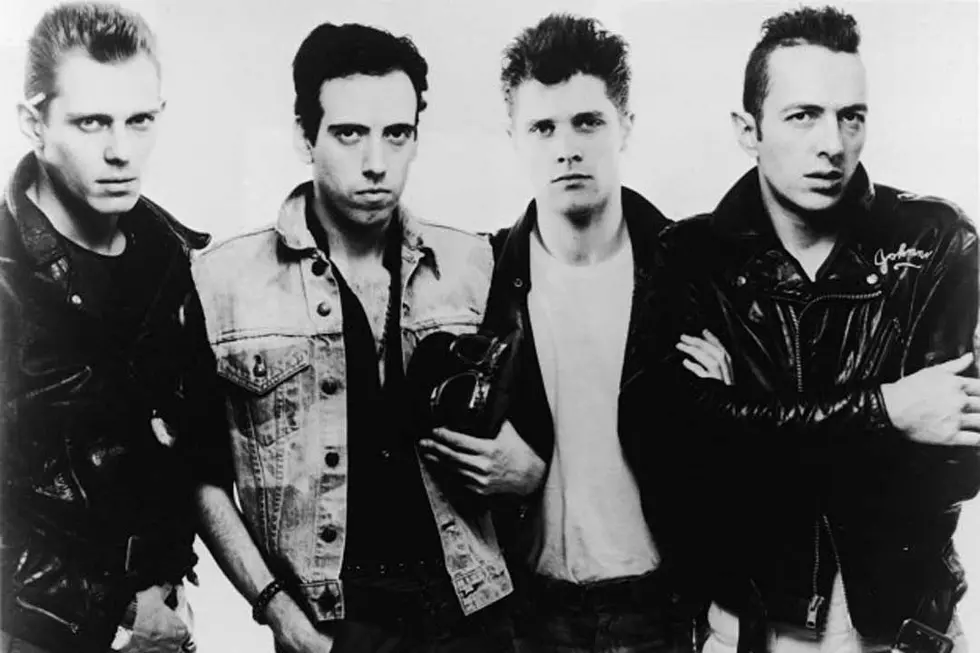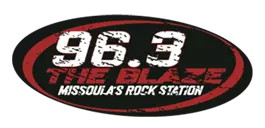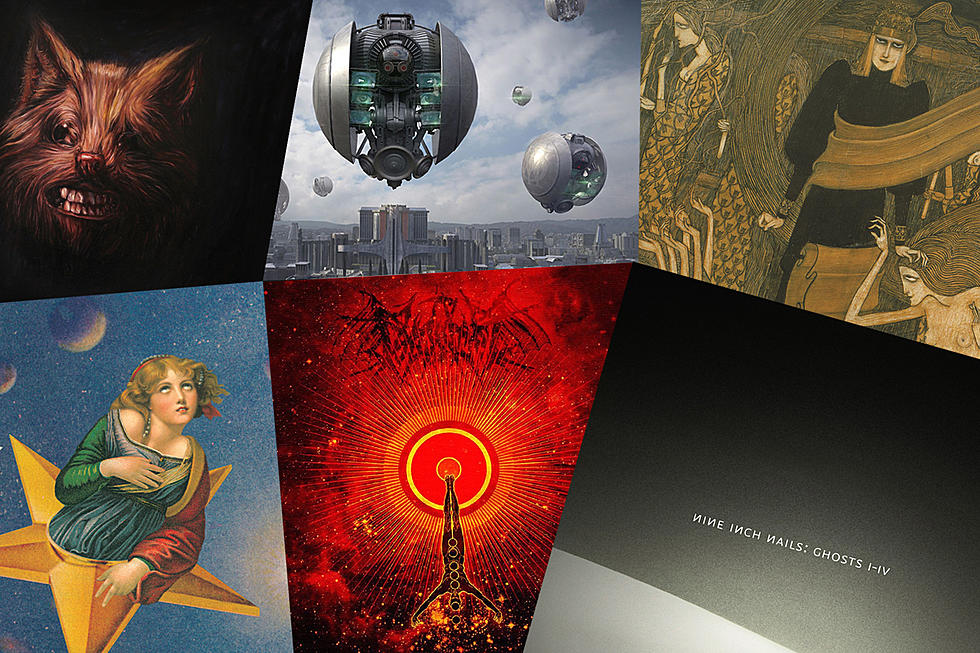
How Fearlessness Defined the Clash’s Masterpiece ‘London Calling’
Even the Clash were tired of their reputation as a punk band by 1979. Only two albums into their career, they were starting to see the limits of being associated with the genre.
As dozens of groups crawled out of the gutters with guitars, snarls, sneers and contempt for mankind, punk's best band wanted out. They began making the move the previous year with the release of their second album, Give 'Em Enough Rope, which was way more tuneful and sentimental than anything punk had spewed out over the past couple years.
When they hit the road for a U.S. tour earlier in 1979, they stayed entirely away from the genre, choosing instead R&B legends like Bo Diddley and Sam & Dave to open their shows. It was only a matter of time before the distance between the Clash and the music that had made them famous would become even greater.
During the summer of 1979, they began work on their third album, London Calling, inspired by the pioneering American rock 'n' roll that they now consumed daily. The songs for the double-record set didn't fall into one category; instead, the tracks steered into R&B, rockabilly, reggae, jazz and pop territories, with many detours along the way. From the start, London Calling was shaping up as an epic, genre-busting LP.
Once producer Guy Stevens was brought into the mix, the sessions took on even more significance. Stevens at one time was Mott the Hoople's manager and biggest champion, had produced Free and other bands.
He was also a notorious madman in the studio. The Clash's record company initially balked at their wanting Stevens; his reputation as a temperamental drunk was legend in the music industry. But the Clash wouldn't budge, and even though there were some of his singular outbursts in the studio, they were all carried out in the name of rock 'n' roll. You can hear it in the near-spontaneous energy of the songs, most recorded in one or two takes.
Listen to the Clash Perform 'Death or Glory'
When London Calling emerged in December 1979, it was obvious that the Clash had made an instant classic – a masterpiece that stands as one of rock's all-time greatest albums. It swings, it pulses, it hits, it thrashes, it tears and it stomps. There are horns and organs and harmonicas and pianos. Over four sides, 19 songs and 65 minutes, there's really no other album like London Calling.
From the opening charge of the title track and the reggae-spiked "The Guns of Brixton" (penned and sung by bassist Paul Simonon) to "Death or Glory," a middle finger to leftover '60s rockers, and the closing pop rush of "Train in Vain," the album doesn't let up. There may not be a more perfect and exciting hour-long listen in rock history. Even side four, traditionally the wasteland of double records, barely weakens its case. It helps that "Train in Vain," which was tacked on at the very end of the album at the last second (it wasn't even listed on original copies of the LP), is one of the band's very best songs and became its first chart hit.
If the Clash were musically in a brand new place on London Calling, lyrically they were expanding on themes for which they were already well known. The album is as politically agitated as its predecessors, but culture itself is stirred, too, on songs like "Lost in the Supermarket" and "Clampdown." And "Train in Vain" is nothing more than a love song. They even included a handful of mostly obscure covers among the Joe Strummer and Mick Jones originals.
Then there's the album's celebrated cover art, a stark black-and-white photo of Simonon smashing his instrument onstage framed by pink and green letters that echo the famous artwork of Elvis Presley's debut album 23 years earlier. Like the music, the cover has become an integral part of rock's landscape.
London Calling reached No. 27 in the U.S. and made the Top 10 in the band's native U.K. It encouraged the Clash to get even more ambitious on their next album, 1981's sprawling Sandinista! – a three-record set that, in a way, is as every bit as essential as London Calling. But it's messy in a way the earlier album isn't.
On London Calling, the Clash made a stand. And with it, they crafted their masterwork.




